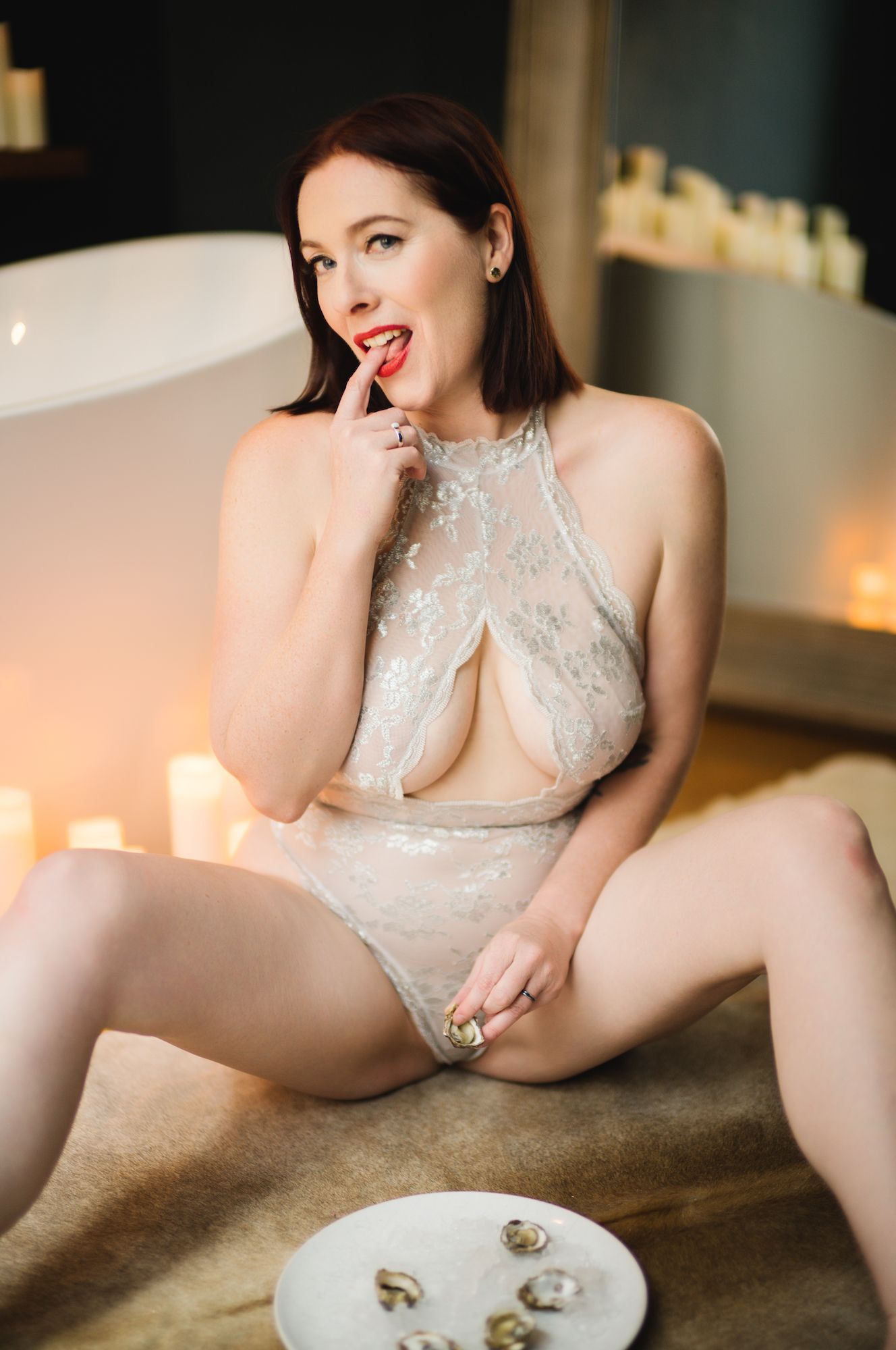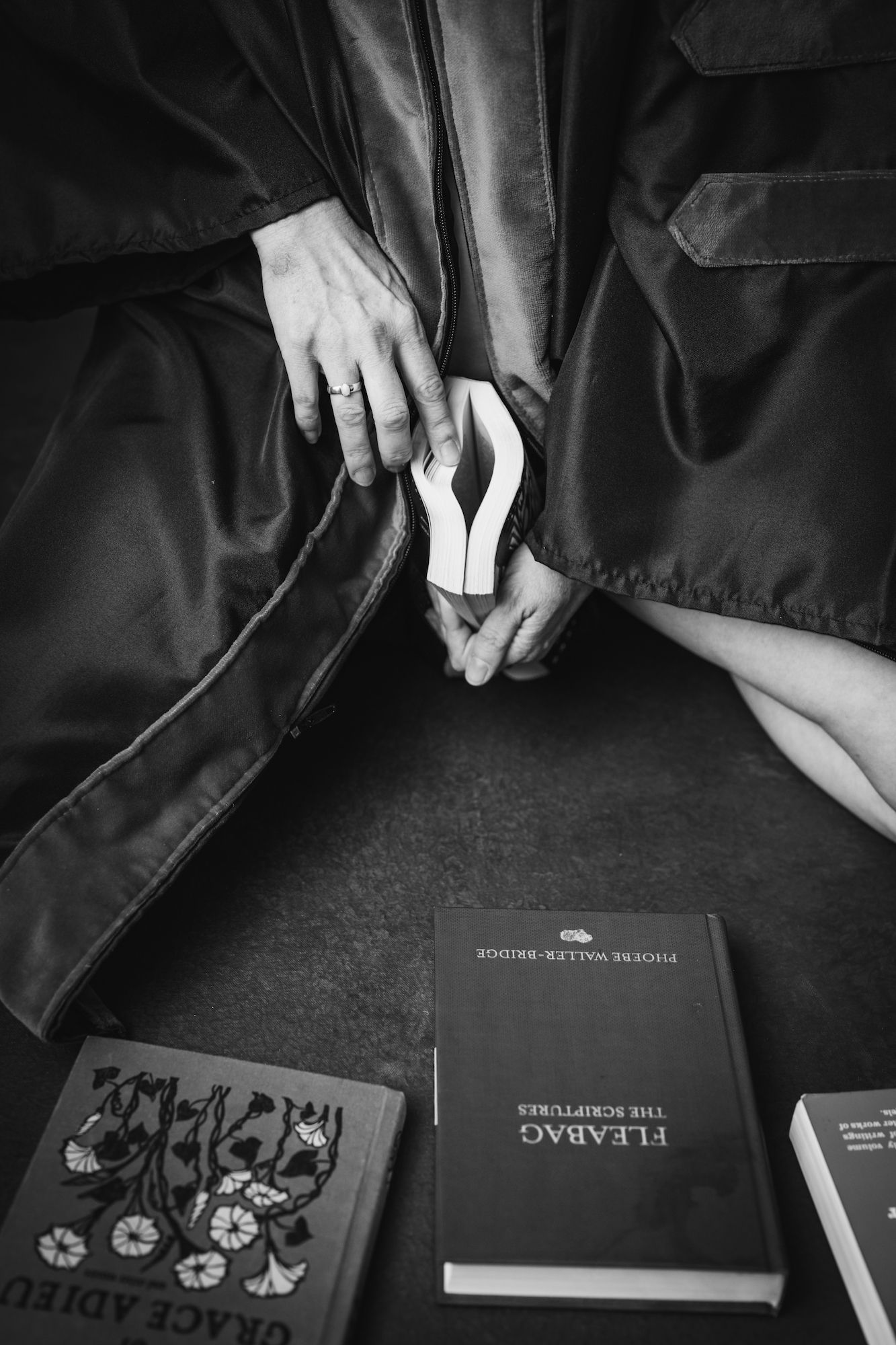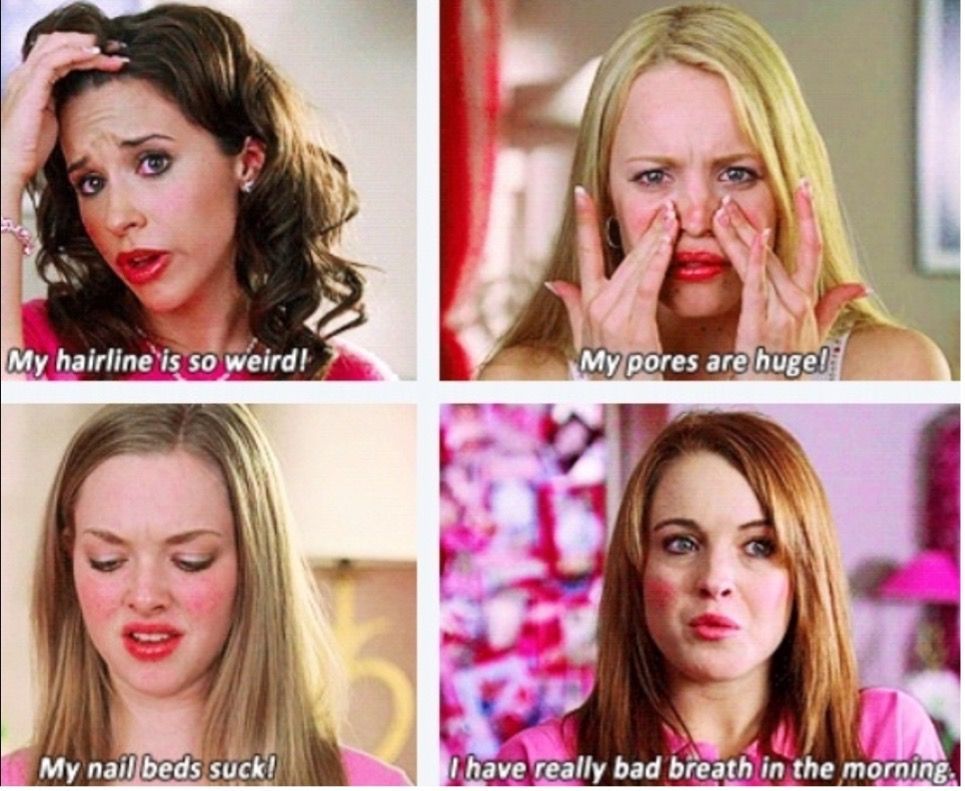Why pleasure should never lead to guilt...

“I feel guilty,” she said to me, clutching a bag filled with new lingerie as we walked out from the adult store and into the parking lot.
“What on earth for?” I asked. Moments ago my friend was so excited to find the perfect lingerie set in her size and was eager to take it home with her, but the moment we crossed the threshold of the store into the parking lot, her eagerness evaporated. The point of asking her the question was not for my curiosity, I knew this was buyer’s remorse: the feeling of dread, anxiety, regret, or guilt experienced after buying a consumer item.
“It just cost so much; I always feel guilty when I spend a lot of money on myself.” Words I’ve heard come out of my mouth before, and I would be safe to assume that a large portion of people (especially women) have said the same.
The only response I could think of at the time was, “I guess that’s why they call it a ‘guilty pleasure.’” That was almost three years ago.

Now and then that conversation pops into my head, and the memory of my response to her makes me cringe. The words “guilty” and “pleasure” should never belong in the same sentence, yet for as long as I can remember, women have been subliminally taught that experiencing pleasure must come with a chaser of guilt. “Junk” food, “trashy” TV, buyer’s “remorse”, and “guilty” pleasure are all phrases that pass between our lips without a second thought. Humans have made a habit of associating pleasures outside the standard societal scope (such as binge-watching Jersey Shore) with a feeling of shame. It’s subtle, but the longer you stare at the words, the more you begin to realize the contradictions between them. Guilt is the opposite of pleasure, spending time or money on something that brings you joy and pleasure is worth the time and money. That’s what I wish I had explained to my friend that day instead.

The real issue is that when we are taught to consistently associate our pleasures with the feeling of guilt, the guilt will begin to precede the pleasure. Using the phrase “junk” food as an example: if I’m walking past the Cold Stone Ice Cream shop on 25th Street and I find myself craving a double chocolate scoop with Oreo mix-ins, I can convince myself not to indulge in my pleasures as a proactive way to stem off the guilt that would follow purchasing and eating the ice cream. Without even walking into the store, I’ve already convinced myself that I should feel guilty for fulfilling my desires, therefore I avoid pursuing my desires altogether. This is a phenomenon that happens every day to millions of women, allowing the assumption of guilt with pleasure to fend off any attempts to pursue pleasure altogether. If you are told that you should feel guilty for wanting something enough times, you will eventually give up that pleasure for the sake of avoiding guilt. Reality TV shows and ice cream are such small examples when compared to the laundry list of pleasures that women tend to deny themselves today, which all stems from our introduction to our most basic human form of pleasure: sex.

Like many women I know, the topic of sex growing up was a risque talking point only discussed behind closed doors and in hushed tones. This meant that a majority of discovery in my sexuality and bodily pleasure was done alongside my peers, who were (let’s be honest) just as clueless as I was. I remember most interactions with my friends on the topic of sex and body image almost exactly mirrored a scene straight out of the early 2000s hit movie “Mean Girls.” All of us standing in front of a mirror, tugging at our hair and clothes, taking turns insulting ourselves while simultaneously contradicting each other's hateful critiques. We were all taught by women in our lives, and therefore each other, that when approaching the topic of our bodies, it’s the societal norm to lead with shame. This means that when approaching sex and masturbation, we have already laid the foundation for those topics to be built upon shame as well. All of this taught us that feeling pleasure comes at a cost; that to enjoy our bodies and enjoy sex, we had to earn it.

In the modern Docuseries Planet Sex, Cara Delavine travels the world to meet queer creators and entrepreneurs to explore and understand her sexuality. In her opening interview, Cara explains, “Even though I’m queer, I haven’t been able to live a queer life… (with) the internalized shame, I didn’t really develop my queerness and now I’m coming to it all very late.” Throughout the series Cara immerses herself in the queer community, both local and international, seeking answers to questions that internalized shame prevented her from finding in the past. Unraveling the guilt allowed Cara to feel open to exploring her desires and embracing pleasure in her life, something that society is seriously lacking today. While watching Cara’s Docuseries one thing became very clear to me; pleasure is not something to be earned. Humans are inherently wired to experience pleasure, yet society influences us to feel shame about what gives us pleasure. Stepping outside of society’s influences and exploring ourselves, like Cara, is the way to deconstruct the ‘guilt’ in a guilty pleasure. (To watch Planet Sex on Hulu, click here: https://www.google.com/url?sa=t&source=web&rct=j&opi=89978449&url=https://www.hulu.com/series/planet-sex-with-cara-delevingne-3463f0a0-142b-4c7a-b274-56b80a751fef&ved=2ahUKEwi30ODPuO7_AhV1kokEHXSDBjYQFnoECDsQAQ&usg=AOvVaw0y2usfPOsxn0uxTMQWE86B)

The Netflix series The Principles of Pleasure puts stubborn myths centered around female pleasure to rest. In the series, narrator Michelle Buteau urges viewers to “Imagine if you could go back in time and learn about your body, and learn about your desires without fear. How would the rest of your life be different?” An interesting question, and when pondering it I began to picture myself as a more confident, open-minded, and overall more joyful individual. But of course, the reality is we can’t go back in time, so how do women unravel the shame that is connected to their pleasures? Michelle goes on to explain that, “Pleasure is not a ‘nice to have,’ it's a ‘need to have.’” In other words, make female pleasure a priority in your life. (To watch The Right to Pleasure on Netflix, click here: https://www.google.com/url?sa=t&source=web&rct=j&opi=89978449&url=https://www.netflix.com/title/81137265&ved=2ahUKEwiguOyoye7_AhVJjYkEHf1BCC8Qjjh6BAgbEAE&usg=AOvVaw3y5NOrS5rWS6mJQFKop1OH)

Choosing to intentionally include pleasure in your day-to-day life will compound into building confidence and feeling less shame associated with pleasure. Whether it’s a double scoop of chocolate ice cream, a few episodes of your favorite TV show, or bringing your vibrator with you to the shower, taking the time to intentionally incorporate pleasure in your daily routine will shed the inherited shame. If you’ve been looking for a sign to invest in your pleasure through a big purchase or new exploration, this is it; don’t let shame stand between you and your authentic self.

